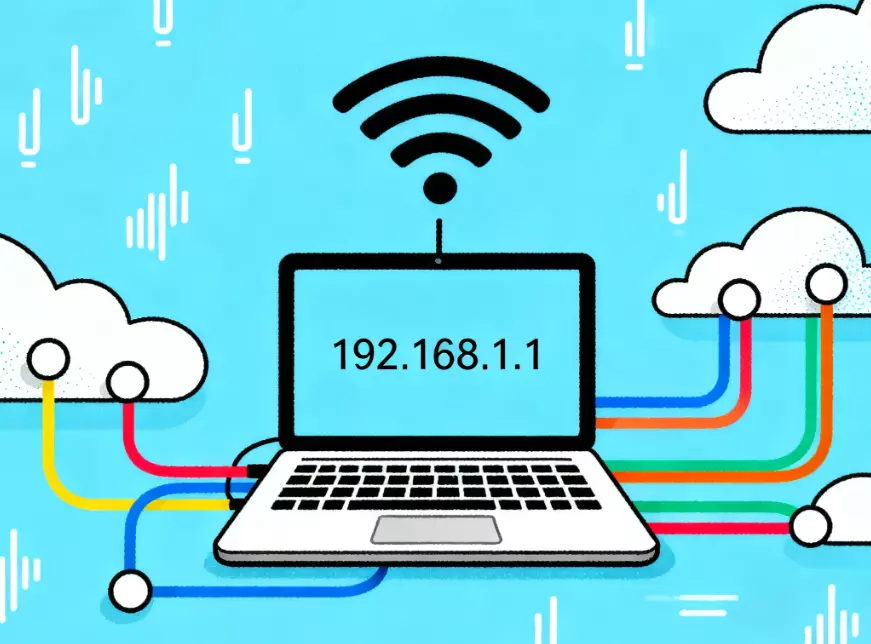What is a “Random IP Address”
A random IP address refers to an IP (Internet Protocol) address that’s not fixed or tied to your usual network or device. It might be:
- Generated on the fly (e.g. by a tool or script)
- Part of a pool of rotating IPs
It’s different from a static IP, which remains the same, or a typical dynamic IP assigned by your ISP that only changes occasionally.
Why Use Random IP Addresses — Common Use Cases
Here are several reasons people or businesses use random IPs:
- Web Scraping & Data Collection If all your requests originate from the same IP, sites may flag or block you. Rotating IPs or using random IPs spreads requests across multiple addresses, reducing risk of bans or CAPTCHAs.
- Privacy & Anonymity Random IPs help mask your real IP, making it harder for trackers, ad networks, or even malicious actors to map your movements online.
- Testing & Development For testing geo-targeted content, verifying ad displays in multiple regions, or simulating lots of users from different IPs, random IPs are useful.
- Bypassing Regional Restrictions Sometimes content is blocked in certain regions; using an IP from another region (via proxy) can let you access it. Random IPs / rotating proxies can help with that.

How to Use Random IPs More Effectively
Here are best practices when you need to use random IPs:
- Choose residential or high-quality proxies rather than free public proxies. Higher reputation IPs are less likely to be blocked or blacklisted.
- Rotate IPs intelligently: don’t switch IP with every request if that triggers suspicion; use intervals that mimic real user behavior.
- Combine random IPs with proper headers (User Agent, cookies, referrer) so your traffic looks more like a normal browser.
- Monitor for IP failures, latency, or blocked responses; maintain fallback IPs.
- Respect website policies & legal constraints — use proxies ethically.
How IPFLY Helps with Random / Rotating IP Needs
If your work or project requires using random IPs (for scraping, cross-border access, ad verification, etc.), IPFLY offers features that address many of the risks above:
- IPFLY provides residential and static residential proxies with high-quality IPs from over 190 countries. Using real residential IPs reduces the chance of being flagged compared to shared or low-quality random ones.
- IPFLY’s dynamic residential proxies allow rotating through many different IPs — so each request or session doesn’t reuse the same IP, helping avoid detection or blocks.
- With screening mechanisms and big-data algorithms, IPFLY filters out IPs with poor reputation, ensuring better reliability.
Summary
A random IP address is useful when you want to mask your identity, distribute requests, or test location-based access. But free or unmanaged random IPs carry risks: blocking, instability, or misuse. For better results, use reputable proxy services, rotate intelligently, and maintain consistent traffic patterns.


